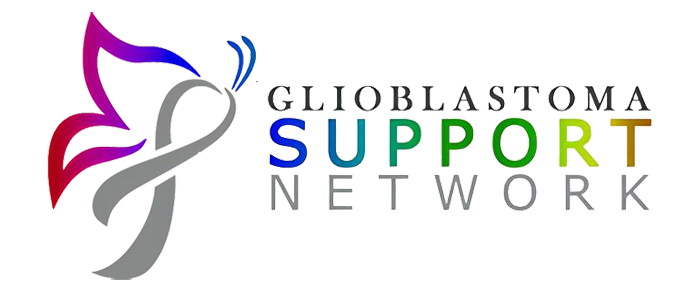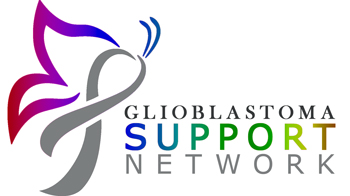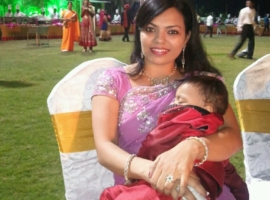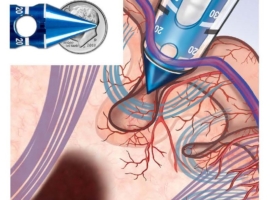What is a Death Doula?
Receiving a terminal diagnosis can be frightening and overwhelming, especially when you or a loved one are searching for end-of-life resources. You don’t need to go through this difficult time alone. One of the best ways to find support is through an end-of-life doula.
What is a death doula? Many patients and their families have never heard about this valuable resource. Simply put, an end-of-life doula provides non-medical care and guidance for a dying person and his or her family and friends throughout the dying process.
An end-of-life doula’s goal is to make sure the dying process is the most meaningful and sacred experience it can be for everyone involved. A doula can participate as little or as much as you and your family like or need. He or she can walk you through what to expect, provide a respite for caregivers, and be there throughout the dying vigil if the family requests it. A doula can even help loved ones navigate difficult relationships with each other and help resolve any opposing desires for how the dying process might look for themselves or their loved one.
A death doula can help at any point in the dying process, but many families have found it helpful to reach out to one early on. Given the time, a doula can help the patient create a legacy and confront unfinished business. The more time you have to work with a doula, the less urgent and crisis-like your experience will be. You will be able to attend to a greater number of details and have a clearer vision for what to expect.
An end-of-life doula is educated about the physical signs and symptoms that occur during different stages of the dying process. No matter how prepared you are, changes can be frightening and startling. Your doula can provide understanding as things progress. Knowing what is happening to you or to your loved one can be incredibly helpful in mitigating stress and anxiety.
Knowledge is powerful, and often people are not acquainted with all of the choices they have. For example, what kind of environment do you want during the active stages of dying? Quiet? Active? A room filled with people? Solitude? Music? Candles? How about scents? What kind of touch?
Do you want a wake in your home? Would your loved one want their body washed and cared for by an end-of-life doula or a loved one instead of the hospital or funeral home? Would you like a “green” burial?
After death, a doula can also assist the family with the early stages of grief. They are not professional counselors, but they are familiar with the grief process and won’t abandon you immediately after death occurs.
While death doesn’t come without loss and grief, it can still be a beautiful, sacred experience. If you are considering using an end-of-life doula, call today. It’s not too early to get started. You can find a nationwide directory of trained doulas on the International End of Life Association (INELDA) website. If you can’t find a doula in your area, reach out anyway. Many would be happy to assist you as much as they can by phone or online video teleconferencing.
You deserve to have the most meaningful life possible, especially during the dying journey.
If you find yourself here because you or a loved one has been diagnosed with glioblastoma multiforme, we understand that this is an overwhelming, difficult time. We’re here to provide you with assistance, support, and education. If you’re looking for more information about end-of-life resources, please visit our resources and support pages. With the Glioblastoma Support Network, you are not alone.





